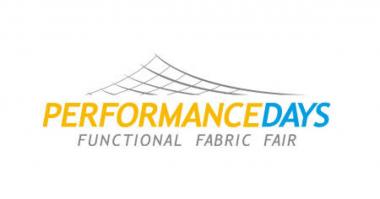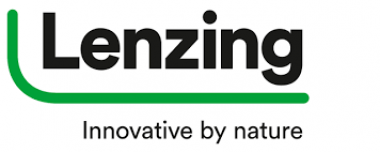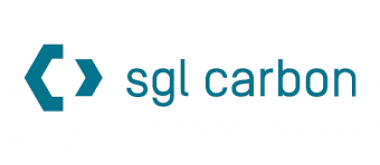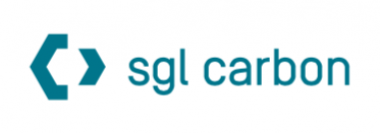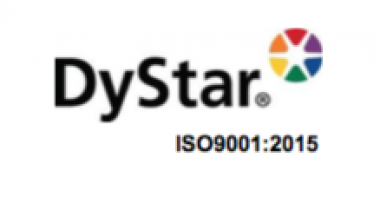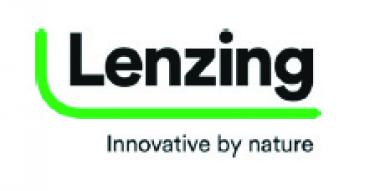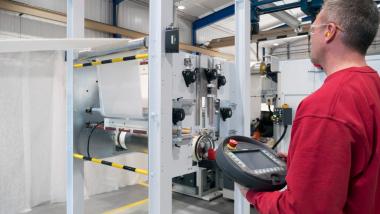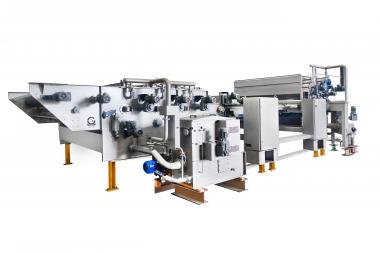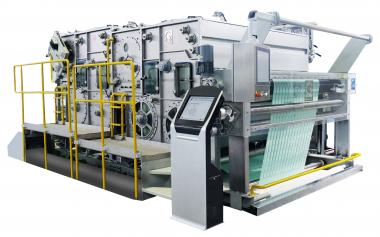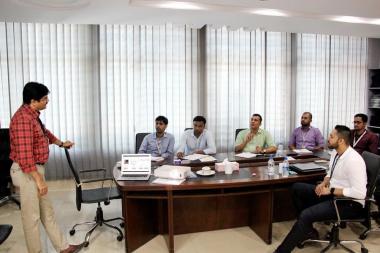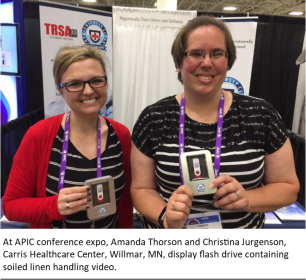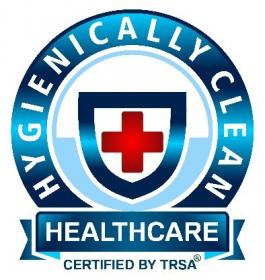PERFORMANCE DAYS: Successful Digital Fair Week
The PERFORMANCE DAYS summer edition took place as a Digital Fair Week from May 17 to 21, 2021. By extending the event to an entire week of the fair, the PERFORMANCE DAYS team, in cooperation with the Functional Fabric Fair by PERFORMANCE DAYS, was able to provide even more opportunities for intensive networking and interactive exchange for industry insiders to catch up on the latest innovations and participate in exciting expert talks, supplier workshops and panel discussions.
Informative, innovative and international: new sourcing platform THE LOOP
The Digital Fair Week was introduced for the first time at the summer edition as part of PERFORMANCE DAYS LOOPS. The sourcing platform was launched in the first half of 2021 together with US Partner Functional Fabric Fair by PERFORMANCE DAYS. With much success, as proven by the great enthusiasm shown by exhibitors, trade fair visitors and fabric manufacturers. The MARKETPLACE area, which showcased some 10.000 products and around 400 curated, sustainable fabrics and accessories from more than 170 international exhibitors, enjoyed particular popularity as part of the Digital Fair.
Another extremely popular and particularly well-attended attraction was the 3D FORUM, which tested hand-selected fabrics for their material properties as part of the digital fair week, to be visualized ultimately as a 3D scan.
Also for the spring/summer 2023 season, the jury presented two awards for outstanding fabrics – so in addition to the presentation of the PERFORMANCE AWARD, won by Trenchant Textiles, the ECO PERFORMANCE AWARD was presented to the winner, Utenos Trikotazas.
Professional, versatile and informative: Program with Expert Talks
A total of 17 live talks from 30+ speakers followed by a question-and-answer session, under the guidance of moderator and freelancer Astrid Schlüchter, formed the basis of the digital fair supporting program from May 17 to 19. All talks, webinars and panel discussions are available on demand via THE LOOP platform.
The PERFORMANCE DAYS Team has once again succeeded in providing the industry with an almost real trade fair experience despite being held digitally. Via the Digital Fair Platform, which was activated explicitly for the trade fair week, trade fair visitors can enter into interactive exchange, including matchmaking and networking activities.
The premiere of the Functional Textiles Shanghai by PERFORMANCE DAYS fair takes place in Shanghai in September 28-29 as well as in Portland in October 27-28, 2021, with the planned hybrid event in Munich scheduled for December 1 and 2, 2021.
PERFORMANCE DAYS


